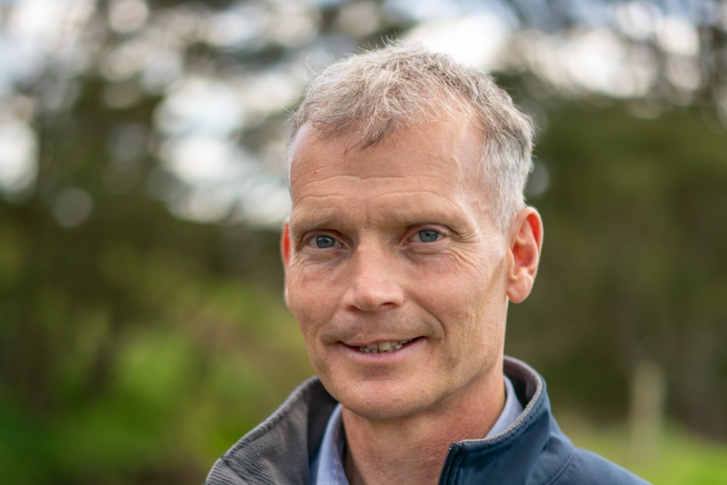As limits on nutrient loads from farms tighten, Enhanced Pond Systems hold great potential for storing and treating effluent and recovering resources.
Ponds have traditionally been used on farms to treat effluent before it is discharged to surface waters. With the move away from discharging in favour of land irrigation, ponds were thought to be no longer required.
However, ponds are still used on farms to store effluent when soils are too saturated to irrigate. With more stringent limits on nutrient loads from farms likely in the future, there are opportunities to use ponds not only for storage, but also treatment and resource recovery.
Enhanced Pond Systems promote natural biological processes to treat and recover resources from agricultural effluents and other wastewaters. These systems include Covered Anaerobic Ponds, High Rate Algal Ponds, Algal Harvest Ponds and Maturation Ponds.
Covered Anaerobic Ponds are a cost-effective and easy-to-operate way of separating out solids before an effluent storage pond, enabling irrigation through low application rate pop-up or pivot irrigation systems. The cover enables capture of odour and biogas that would otherwise be released from anaerobic digestion within the effluent storage pond. Captured biogas can be used to heat and power farms of sufficient size.
High Rate Algal Ponds harness sunlight energy, as algal growth and the oxygen produced from algal photosynthesis is used by bacteria to aerobically breakdown the effluent, providing both nutrient removal and disinfection. Nutrients are assimilated into the growing algal cells, which are then recovered in Algal Harvest Ponds, leaving a low nutrient level effluent for irrigation. The algal biomass can be used as an additional energy source, a fertiliser substitute or as a feed supplement.
This research focuses on improving the performance of agricultural effluent treatment ponds by enhancing algal photosynthesis, production and harvest by a combination of CO2 addition, algal biomass recycling and control of zooplankton.

